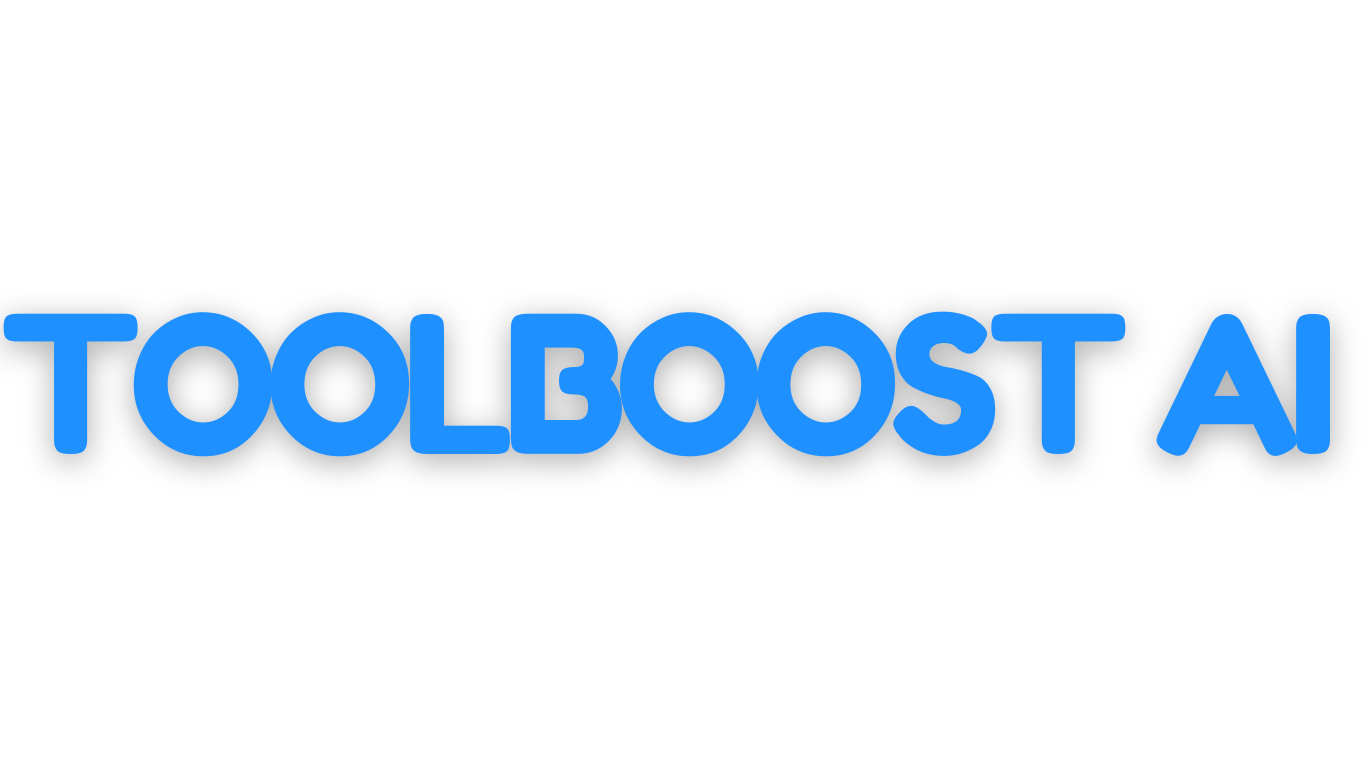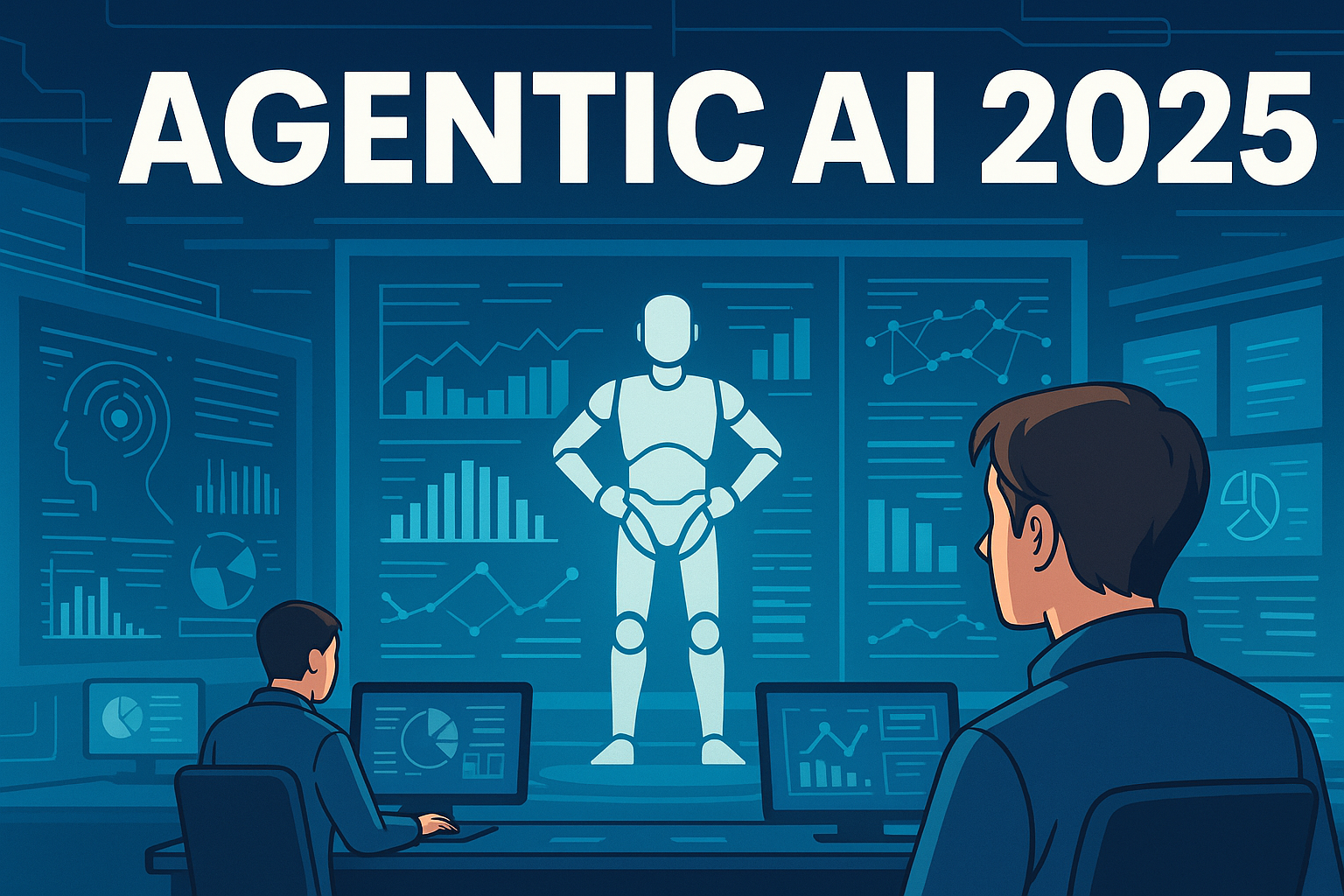In 2025, personal AI assistants have evolved from basic virtual helpers into intelligent, autonomous agents that handle complex tasks, anticipate needs, and enhance personal and professional productivity. These next-generation AI assistants are powered by breakthroughs in large language models (LLMs), agentic AI, and real-time data processing. This article explores the top personal AI tools transforming life in 2025, their features, use cases, and why they’re quickly becoming essential in homes and offices.
What Is a Personal AI Assistant in 2025?
A personal AI assistant is an intelligent system that automates tasks, communicates naturally, and makes decisions based on goals and real-time data. These assistants go far beyond voice command tools like Siri or Alexa. Today’s AI tools:
- Understand user preferences and context
- Operate across platforms and devices
- Automate workflows and make smart decisions
- Handle scheduling, messaging, research, reminders, creative work, and more
- Work 24/7, adapting to user feedback
These assistants rely on technologies such as:
- Agentic AI – AI that can act autonomously toward a user’s goal
- Contextual memory – remembering user instructions, preferences, and history
- Natural language understanding (NLU) – for more human-like interaction
- Multimodal capabilities – working with images, voice, video, and text
Top Personal AI Assistants in 2025
1. ChatGPT with Memory (OpenAI)
OpenAI’s ChatGPT (especially the GPT-4 Turbo and GPT-5 iterations) is leading the charge. With custom GPTs and a powerful memory system, it acts as a versatile assistant for personal and professional use.
Key Features:
- Remembers user name, tone preferences, interests, and tasks
- Integrates with web browsing, coding tools, and file analysis
- Custom GPTs allow users to create assistants for specific needs (e.g., travel, cooking, research)
Why It’s Popular: ChatGPT’s blend of memory, plugins, and deep understanding makes it the most customizable AI assistant available.
🔗 Learn more about ChatGPT Memory
2. Rewind AI
Rewind AI is a tool designed to record and recall everything you’ve seen, said, or heard on your device, then use it to power a personal AI.
Key Features:
- Recordings of screen and audio data (all local)
- Ask questions about your past meetings, browsing, or messages
- Personalized insights over time
Why It’s Innovative: It creates a second brain, offering perfect recall and context-aware assistance.
3. Humane AI Pin
The Humane AI Pin is a wearable assistant using a laser display and voice-first interaction.
Key Features:
- Screenless design with voice interaction
- Language translation, information lookup, message management
- Secure, privacy-focused AI on the go
Use Case: Perfect for mobile professionals who want an assistant outside of phones and laptops.
4. Rabbit R1
The Rabbit R1 is a dedicated personal AI device with a Large Action Model (LAM), designed to interact with apps just like a human would.
Key Features:
- Small, voice-first device with a scroll wheel
- Can learn and perform tasks across web and desktop apps
- Uses your natural voice commands
Why It Matters: Unlike typical AI tools, Rabbit R1 doesn’t rely on integrations. It navigates apps like a real user.
5. Perplexity AI Pro
While often seen as a search engine, Perplexity AI’s Pro version functions as a research assistant.
Key Features:
- Source-based answering with clickable citations
- Custom “Copilot” mode for deeper tasks
- Great for students, writers, and researchers
Real-World Use Cases for Personal AI Assistants
🚀 Productivity
Personal AI assistants now:
- Schedule meetings automatically
- Respond to emails using tone-based settings
- Generate reports, spreadsheets, and presentations
- Transcribe and summarize meetings
💡 Learning & Research
AI assistants are used to:
- Curate personalized learning plans
- Summarize long articles or books
- Translate academic texts
- Prepare notes for exams
🧠 Mental Focus
With contextual memory, AI tools:
- Keep track of your goals
- Remind you of deadlines
- Suggest wellness activities when stress is detected
🎨 Creativity
From songwriting to blogging:
- AI can draft content in your tone and style
- Offer creative prompts or outlines
- Collaborate on storylines, videos, and scripts
Benefits of Using AI Assistants Daily
- Time savings – Automate repetitive tasks
- Productivity boost – Stay organized and goal-focused
- 24/7 availability – Unlike human assistants
- Data-driven suggestions – Based on user behavior
- Emotional support – Some tools now simulate empathetic conversation
Ethical & Privacy Considerations
While the power of AI is immense, questions remain:
- Privacy risks – What happens to your data?
- Decision-making autonomy – When should the human stay in control?
- Bias – Is the assistant fair and inclusive?
Solutions include local data storage (like Rewind), transparent AI logs, and opt-in controls.
The Future of Personal AI Assistants (2026+)
By 2026, personal AI assistants may:
- Be embedded in AR glasses
- Predict your daily needs before you ask
- Coordinate between your smart home, calendar, and digital life
- Act as AI life coaches with real-time insights
Voice, gesture, and thought-based interfaces are all under development, promising even deeper integration with daily life.
Frequently Asked Questions
Q1: Which is the best AI assistant in 2025?
ChatGPT with memory stands out due to its flexibility, performance, and integration potential.
Q2: Are AI assistants secure and private?
Some prioritize privacy (e.g., Rewind stores data locally). Always review data usage policies.
Q3: Can AI assistants replace human assistants?
They handle many repetitive or digital tasks but can’t replace human intuition and empathy—yet.
Q4: Are these AI tools free?
Some offer free tiers (e.g., Perplexity AI), but advanced memory or features often require subscriptions.
Q5: Can I build my own personal assistant?
Yes! Using tools like OpenAI’s custom GPTs, you can create assistants tailored to your needs.
Useful Resources
- OpenAI ChatGPT Memory FAQ
- Rewind AI
- Rabbit R1
- Humane AI Pin
- Perplexity AI
- Hugging Face – Build AI Agents
- Stanford’s AI Index Report 2024
Final Thoughts:
Personal AI assistants in 2025 are no longer futuristic fantasies—they are powerful tools reshaping productivity, creativity, and daily routines. As they become more context-aware, personalized, and proactive, staying updated and experimenting with the right assistant will give users a significant edge in their personal and professional lives.
Want to get started with your own AI assistant today? Try ChatGPT, Rewind, or Rabbit R1 and begin optimizing your life.

